
Stop the Harassment from Creditors Immediately.
The information below is general in nature and does not create an attorney-client relationship.
Call or text Leslie today and get answers to YOUR questions @ 361.648.6888
Chapter 11
Chapter 7 & 13
Student Loans

What are my options before I file bankruptcy in Victoria, Texas?
Some creditors will allow you to work out payment plans to better suit your financial situation. However, credit card companies are less likely to do this. Be weary of making deals with home mortgage companies as many times the right hand doesn’t know what the left hand is doing. It would be in your best interest to consult with an attorney who is familiar with debt relief options, such as a bankruptcy attorney who has access to a CPA.

What are different types of debt and why does it matter in Victoria, Texas?
There are two types of debt, secured and unsecured. A secured debt is one in which the debtor has given the creditor a security interest in their property. The security interest is evidenced by a deed of trust (for a house), a security agreement (for a vehicle), or a UCC-1 (for inventory or other personal/business property.
Another type of lien is called a mechanic’s and material man’s lien. This occurs when a contractor or service person comes to your house and does work and you fail to pay for the services rendered. Auto mechanics can also place a lien on your vehicle if they have provided repairs or other services and you do not pay the bill.
The IRS or other taxing authorities can place a lien on your home for failure to pay income or property taxes.
An unsecured debt is one where the lender does not have collateral or a security interest. Examples of an unsecured debt are things like credit cards or medical bills.

What can be repossessed in Texas? What cannot be repossessed in Texas?
Any property that is used as collateral for a loan can be repossessed by a lender. For example, if you do not pay your mortgage payment, the bank can foreclose on your house; an auto finance company can repossess your vehicle.
In Texas, a creditor other than other than an entity who holds a purchase money security interest, a mechanics and materialmen’s lien, or the IRS or other taxing authority, CANNOT make you sell your home to pay your debt or a judgement, nor can such a creditor garnish your wages.

What happens during the repossession process in Texas?
While any creditor must give you notice and an opportunity to cure or resolve the default, The process is different between a foreclosure and a repossession.
In a foreclosure, the lender must send you notice that your payments are in default, state the amount of the defaulted payment, give you at least 20 days to cure, and express it’s intent to accelerate the entire balance due on the note. If your balance is not brought current within the 20 day period, the lender will then send you another notice stating the balance due under the note has been accelerated and you have 21 days to cure or the property will be foreclosed.
Foreclosure sales can only be held on the first Tuesday of each month. You must be notified of the date of the foreclosure sale. If the note is still in default, the lender will proceed to sell the property at a foreclosure sale.
For vehicles or other property such as furniture, after the creditor has given 30 days notice that the loan is in default and you do not bring the note current, the creditor can come and repossess the property. In doing so, the creditor may not, “breach the peace.” This means the creditor cannot remove a lock, trespass onto your property, or take the property over your objections.
Need to talk? Request a call.
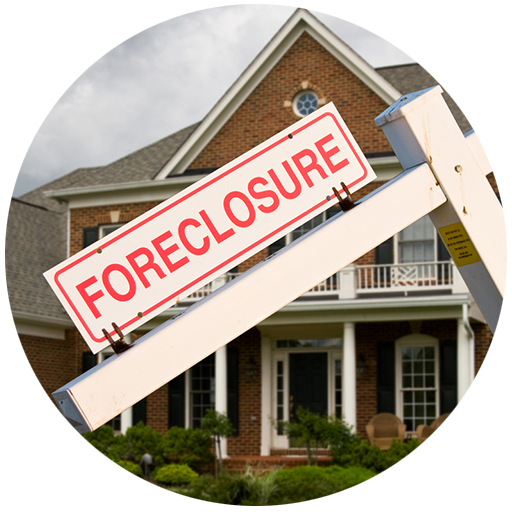
What do I do when I get a foreclosure notice from a bank?
If you get a foreclosure you should immediately contact the creditor that sent you the notice to see if you can make some arrangement with the creditor to prevent the foreclosure. If the creditor is unwilling or unable to work with you, you should immediately contact an attorney who is an expert in debt relief procedures.
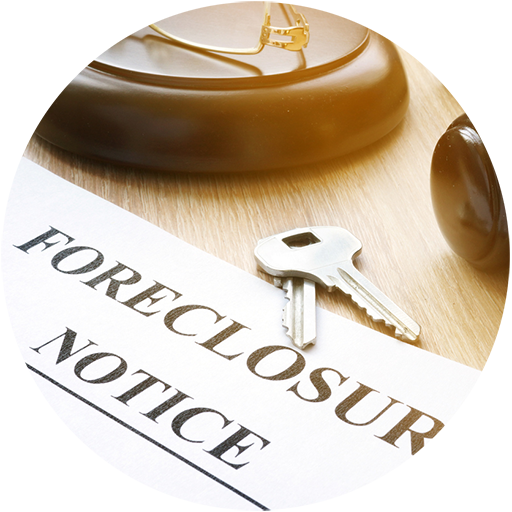
Can I fight my foreclosure proceedings in court?
The only way to stop a foreclosure is to either file for bankruptcy protection or, if you believe the creditor has not complied with the requirements of the Texas Property Code, or you believe you are not in default, you can file suit in district court to obtain an injunction that prohibits the lender from proceeding with the foreclosure. It is difficult, however, to obtain such an injunction.
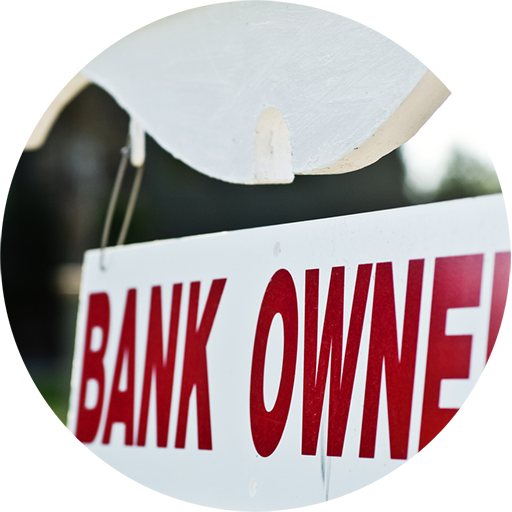
Can I put a stop to foreclosure proceedings initiated by a bank?
The best way to stop foreclosure proceedings is to hire a bankruptcy lawyer to file a chapter 13 bankruptcy for you. When a bankruptcy proceeding is filed, any efforts by creditors to collect the debt must immediately cease. This is known as the “automatic stay.”
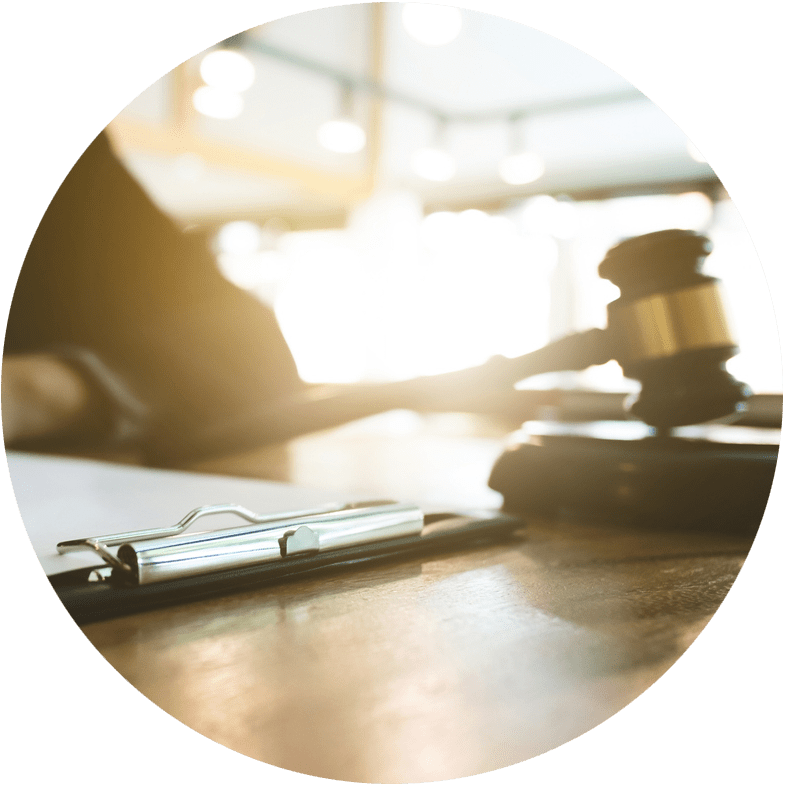
How can bankruptcy proceedings allow me to keep my home?
Because you are not current on the payment of your secured debt, you cannot file a chapter 7 bankruptcy, but must instead file a chapter 13 bankruptcy. In the chapter 13 bankruptcy, your attorney will propose a plan that will cure the arrearage. You must continue to make the regular monthly note payment, however, the arrearage (the amount you are behind) will be paid out over the course of your bankruptcy plan, anywhere between 36 & 60 months.
Need to talk? Request a call.

What are the long-term implications of declaring bankruptcy?
The long term implications of declaring bankruptcy are primarily that the fact that you have filed for bankruptcy protection will be reflected on your credit report for 10 years. This is not as bad as it sounds however, because by the time you have the need to file for bankruptcy protection, the creditor(s) have most likely already reported your delinquency to the credit bureaus. This negative information will remain on hour credit report for a period of 7 years. The fact of the bankruptcy filing will likely make it more difficult for you to obtain credit in the future, particularly if you are filing a chapter 7 bankruptcy. Again, you will probably find it difficult to obtain credit prior to filing bankruptcy anyway. Also, it may affect your ability to obtain employment in certain fields such as banking.

How can bankruptcy affect me buying a home?
A bankruptcy can affect your ability to buy a home, particularly in the short term. The further away you are from the date you have obtained your bankruptcy discharge, the easier it will be to obtain financing. It will also be easier if you have filed a chapter 7 bankruptcy because you will not have been able to do so if you have been delinquent on a previous house note and, the creditor knows that you cannot file for a chapter 7 bankruptcy within 8 years of obtaining discharge. You could however, file a chapter 13 within that time period.
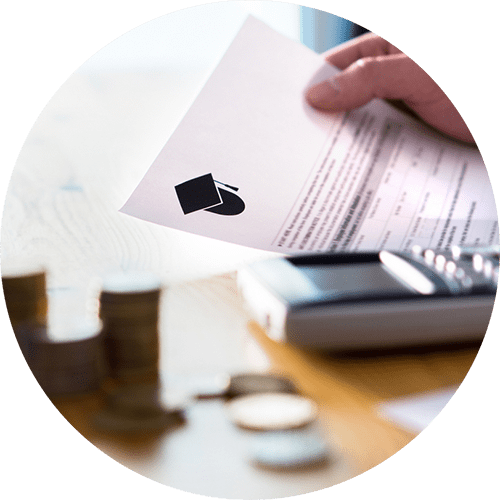
Can bankruptcy affect me going to school?
This depends on whether you need financial assistance in order to pay for college. If you have outstanding student loan debt, that debt cannot be discharged in bankruptcy, so if you have delinquent student loans it will most likely be difficult for you to obtain additional loans.

Will I be able to start a business if I’ve recently claimed bankruptcy?
A bankruptcy will only inhibit your ability to start a new business if you need to borrow working capital. If you have sufficient monetary resources, a recent bankruptcy should not be detrimental.
Need to talk? Request a call.
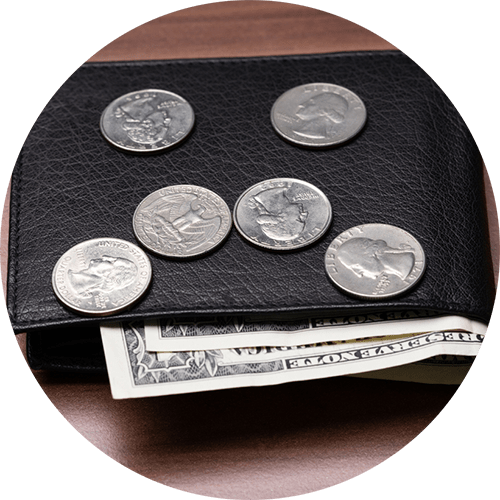
My wages and/or other income face garnishment, what do I do?
In Texas, your wages cannot be garnished, except for delinquent income tax or child or spousal support.

Is there any income that is safe from garnishment?
Generally speaking, In Texas, anything earned as wages cannot be garnished except by the IRS or for the payment of child and/or spousal support. If an out-of-state creditor has obtained a judgement against you in a state other than Texas, and if that state allows garnishment of wages, your wages may be subject to garnishment to pay that debt.
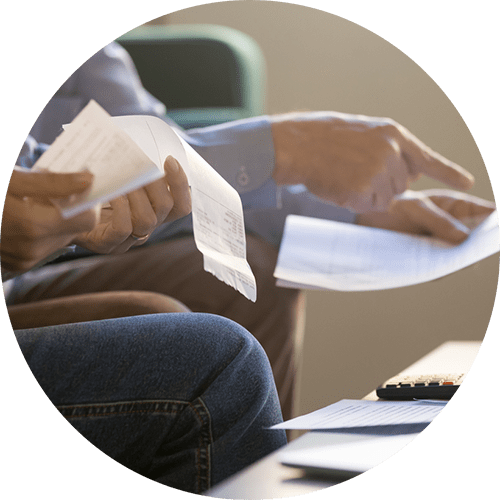
How can garnishes be mitigated or avoided by initiating a process such as bankruptcy?
In those limited circumstances in which a creditor may be allowed to garnish your wages, the filing of a bankruptcy proceeding acts as an automatic stay against all civil actions against. This means that any garnishment of your wages or bank accounts (except for payment of child and/or spousal support) must immediately cease.
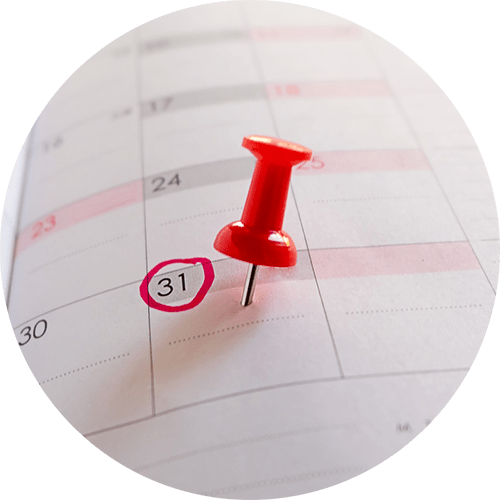
What deadlines do I need to be aware of?
There are many procedural deadlines involved in a bankruptcy proceeding. It would therefore be advisable to consult a bankruptcy attorney who can advise you appropriately.

What are some qualified exemptions to garnishments?
In Texas, current wages are exempt from garnishment. If, however, you co-mingle your wages in a bank account into which you deposit money obtained other than by wages, that bank account is subject to being garnished by a creditor.
Need to talk? Request a call.

What is a trustee?
A trustee is a person appointed to oversee your bankruptcy proceeding. One of the main functions of a trustee is to determine whether you have any non-exempt assets that can be seized and sold with the proceeds from such sale being used to pay your unsecured creditors. The second function a trustee performs is to make sure that you have provided correct and accurate information on the schedules and statements of financial affairs that must be filed with every bankruptcy.
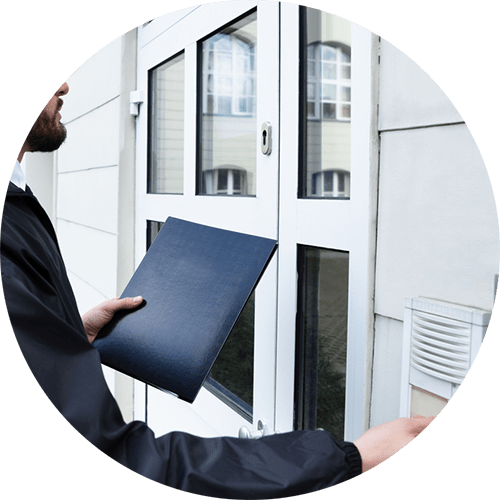
What is a creditor?
A creditor is any individual or company or entity to whom money is owed. A creditor can be either secured or unsecured.

What is a debtor?
A debtor is any individual or company or entity which owes money to another individual company or entity.

What is a 341 meeting?
Section 341 of the bankruptcy code provides for what is termed a “meeting of creditors.” This meeting gives creditors an opportunity to speak to you directly and ask you questions about a debt and how you intend to repay it, if at all. Very rarely do creditors actually attend the meeting of creditors. Instead, it is an opportunity for the trustee to review your filed schedules and statements of financial affairs with you and your attorney and to give you an opportunity to correct any defects that may exist.
Need to talk? Request a call.
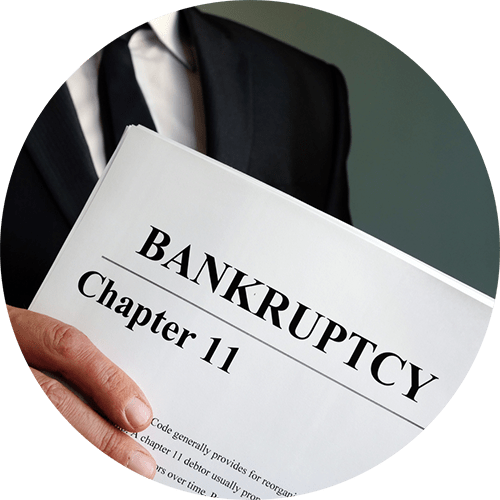
Would The Werner Law Group represent me in my Chapter 11 Bankruptcy case?
Chapter 11 bankruptcy is a world all its own, and as such, The Werner Law Group chooses not to take any Chapter 11 bankruptcy cases or provide any information on them. We suggest contacting a qualified attorney who specializes in Chapter 11 bankruptcy.
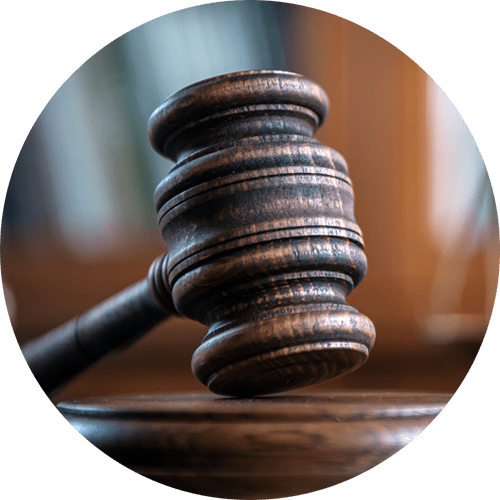
What happens in a debt collection proceeding?
In this type of proceeding someone to whom you owe money is trying to collect from you. The amount of your debt will determine which court they will file suit against you, if they choose to sue you. Most creditors will choose the cheapest court, which is the small claims (or justice) court. First, you will get served with a lawsuit and if you don’t file an answer, the creditor will be able to get a default judgment against you. If you answer and show up to court, the creditors will have to prove their case against you. Though often times an attorney isn’t needed for small claims court, if there are special circumstances surrounding your debt, it is imperative that you have an attorney help you, because debt collection proceedings are difficult for the debtor to win.
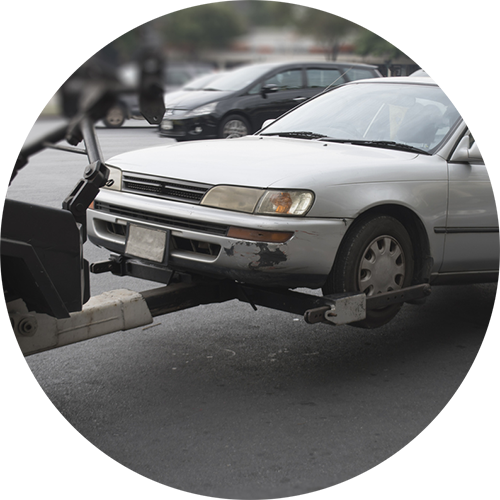
When can things get repossessed?
Repossession usually relates to property other than real estate. If it is real estate, the creditor forecloses on the security instrument sign, ie, your deed of trust. For other secured debts, the creditor will repossess the collateral on that debt, ie, your vehicle. Depending on the terms of your contract or security agreement, a creditor must give you notice that you are in default and tell you how much you need to pay to cure the default. This is sometimes called a notice of intent to accelerate.

What rights do banks and other lenders have with regard to claiming or reselling my property?
If you are in default and the bank repossesses or forecloses on your property, it no longer belongs to you. The creditor will likely sell the collateral and after deducting the cost of the sale, they will sue you for the balance. This is called a deficiency proceeding.

What property cannot be reclaimed legally?
Any property for which a debtor signed a security instrument can be repossessed. However, if someone has a judgment against them from a lawsuit non-related to the purchase money or the IRS, or a mechanics/contractor’s lean, that creditor cannot, in Texas, force you to sell your home or certain amount of your personal property to pay the debt.
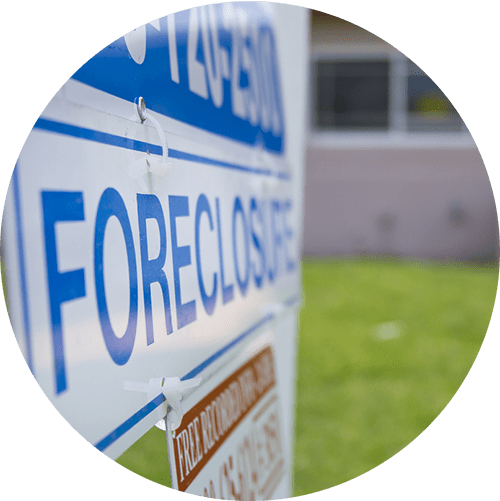
How can I defend against foreclosure?
Not withstanding any sort of national moratorium on mortgage companies (ie, from Coronavirus), just about the only way to stop a foreclosure is by filing a chapter 13 bankruptcy, which helps reorganize your debts allowing you to pay off your secured creditors over time.

What happens at a meeting of creditors?
At a meeting of creditors (341 meeting) the trustee who has been appointed by the court to oversee your case has the opportunity to ask you questions about your assets and liabilities. It is also an opportunity for your creditors to question the debtor regarding the circumstances of how the debt was incurred and whether the debtor has an intention and/or ability to repay the debt.
Get bankruptcy help today!
*By providing my wireless phone number to The Werner Law Group, I agree and acknowledge that The Werner Law Group may send a text message to my wireless phone number for any update, including marketing purposes.
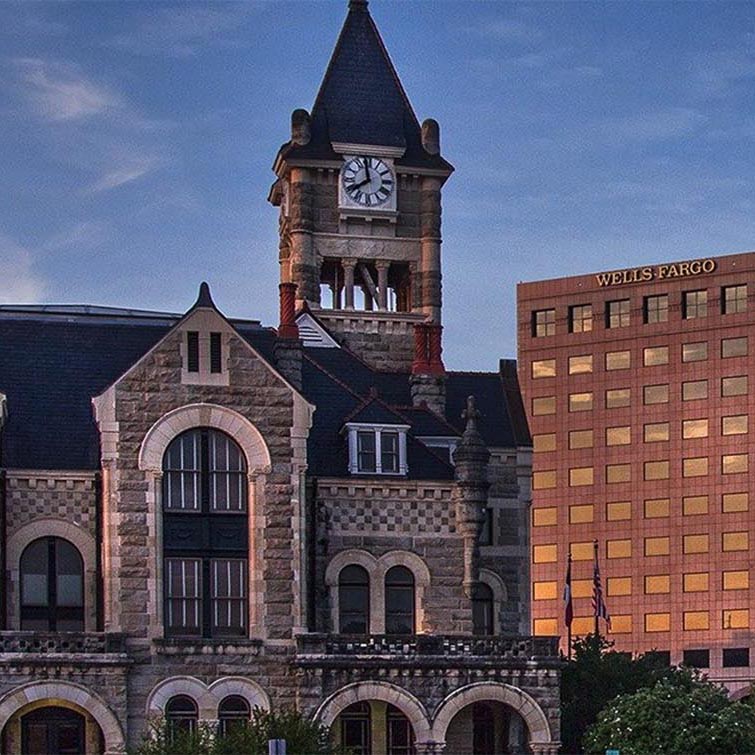

How would you like to pay?
Defending Victoria and All Surrounding Counties.
Victoria, Lavaca, Dewitt, Calhoun, Goliad, Refugio, and Jackson County
Statewide Services: Probate, Estate Planning, Appeals Nationwide Services Immigration, Chapter 7 Bankruptcy
